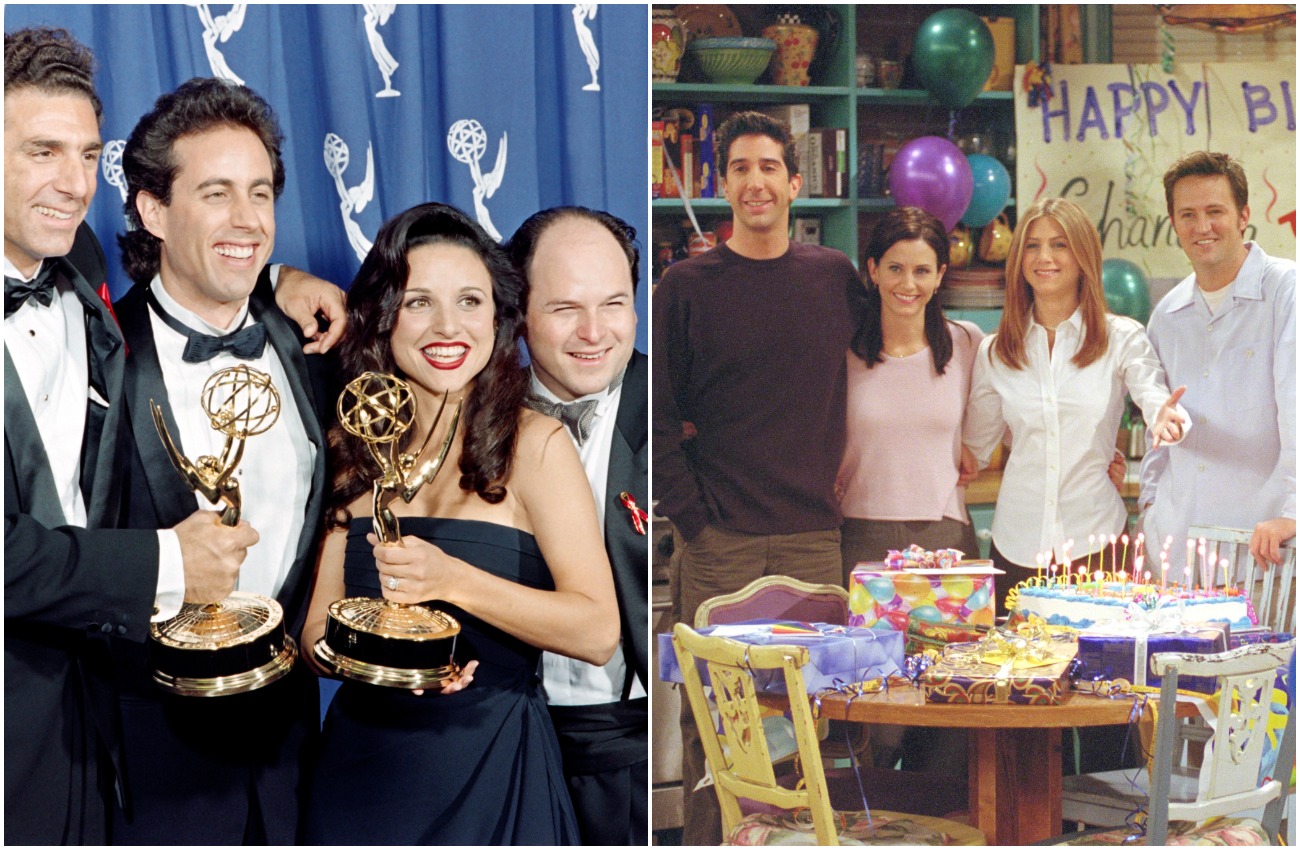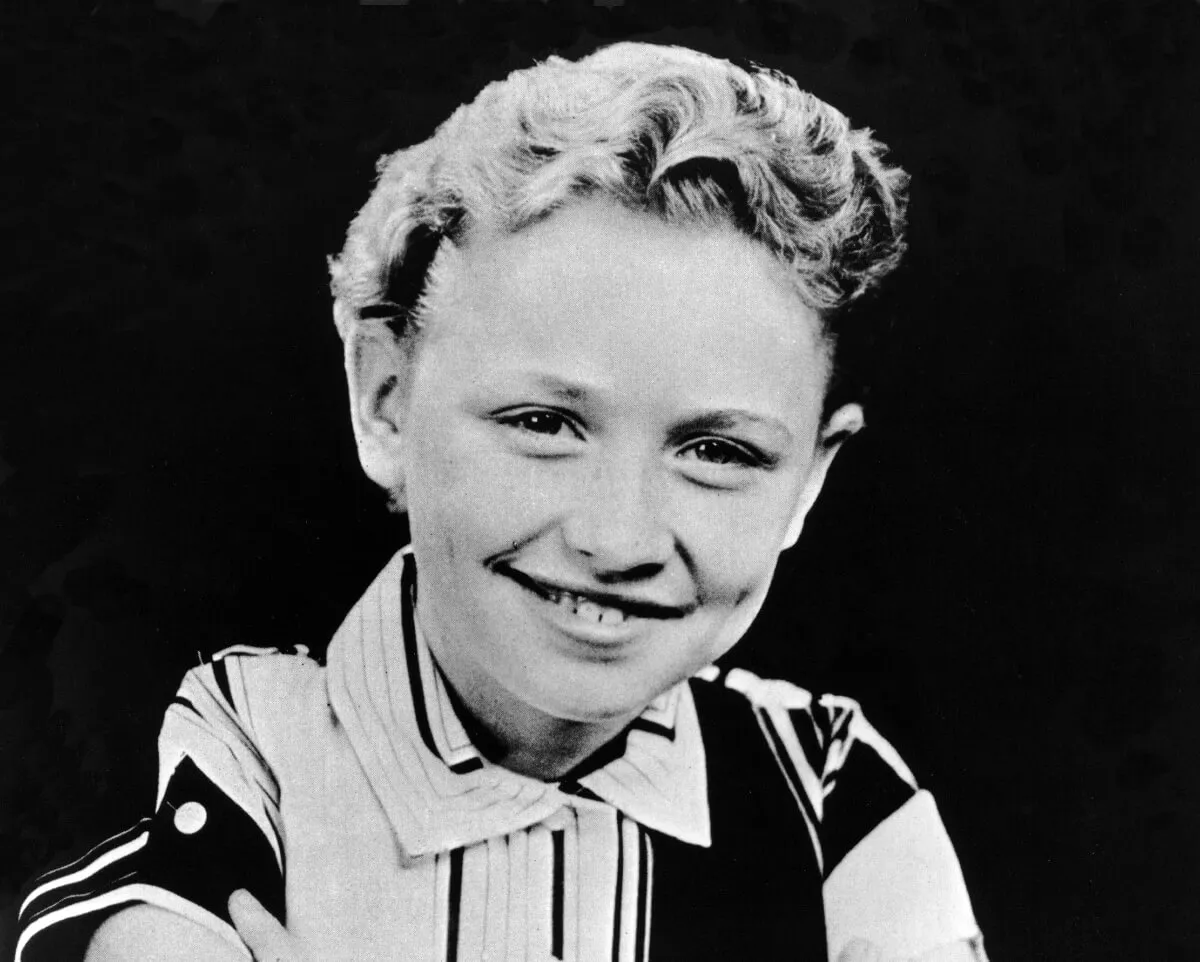The Real Reason ‘Seinfeld’ Deserves the Credit For Making ‘Friends’ a Success
Although Seinfeld premiered years before Friends was introduced to the world, the two of them have often been compared to each other. Most notably, it seems apparent to a lot of fans that Seinfeld made Friends a success by being the first sitcom of its kind on TV. However, Seinfeld actually influenced Friends’ success in a more subtle way that many viewers might not even realize.

‘Seinfeld’ was a hit before ‘Friends’ came along
Seinfeld premiered in 1989 and was unlike many popular sitcoms that came before it. Instead of focusing on a family or group of coworkers, Seinfeld followed a set of friends season after season. The characters also did not change or develop much throughout the show’s nine-year-run.
It took viewers a few years to understand the nature of Seinfeld, but the show started becoming popular in 1993. Then, it consistently ranked high among TV watchers and is now known as one of the best American sitcoms of all time.
In 1994, Friends premiered with a similar premise to Seinfeld. Friends followed a group of buddies as well and was even set in the same city—New York. Friends was an instant hit, and many people believe the similarities the show had to Seinfeld might have helped it become popular.
‘Friends’ became a success thanks to this 1 influence from ‘Seinfeld’

However, Seinfeld had a big influence on Friends’ success in a way that was a lot less known.
Before joining the cast of Friends as Monica Geller, actor Courteney Cox had briefly appeared on Seinfeld. As Lisa Kudrow, who played Phoebe Buffay, once shared, Cox was able to use her time on Seinfeld to help make Friends better.
“Courteney Cox was the best known of all of us, and she had done a guest star on Seinfeld. She said, ‘Listen, I just did a Seinfeld, and they all help each other. They say, ‘Try this,’ and ‘This would be funny,’” Kudrow recalled, according to a 2012 article in Vanity Fair. “And she said, ‘You guys, feel free to tell me. If I could do anything funnier, I want to do it.’”
This was seen as unprecedented because actors often did not comment on each other’s acting. Kudrow continued, “There’s a code with actors. Actors don’t give each other notes under any circumstances. So she was giving us permission to give her notes, and we all agreed that that would be great. Why not? And she also said, ‘Listen, you know, we all need to make this thing great.’ She just set the stage with: ‘I know I’m the one who’s been on TV, but this is all of us.’”
In the end, it seemed Cox made the right decision to break the “code”. Kudrow said, “She was the one who set that tone and made it a real group that way. And I thought that was a real turning point.”


